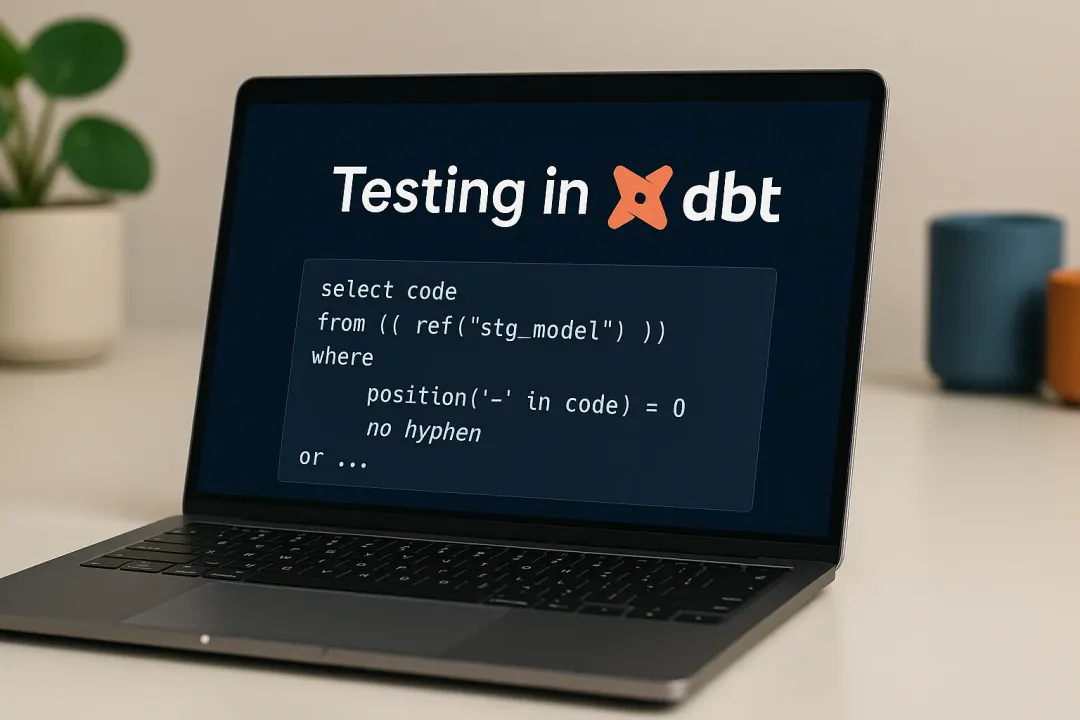
Maria Chojnowska
12 October 2022, 5 min read

What's inside
What does it mean that a language is fast or slow?
In reality, programming languages are neither fast nor slow. Implementations of languages on particular platforms may be slow or fast. The code generated by the programming languages is either simple or complex.
All existing programming languages (approximately 700) were created to serve the same purpose - to convert source code to machine code. Computers do not really care what kind of programming language you use - Python, Java, C, or whatever else.
We must remember that programming languages do not serve computers but programmers.
To simplify our analysis, we can define a “slow language” as a language where it takes a long time to develop software effectively, which all comes down to the slow development time. It is also a language that executes the software implementation slower than a comparable language and implementation in its class.
And what determines if the language is fast? Or, to put it more relevant, “What features determine the speed of a programming language?”. It is all about the compiler which generates the executable.
The speed of the language usually comes with a price. Some programming languages run slower because they do more things that otherwise would have to be done by the developers.
Is Python fast?
We all know that Python is one of the most feature rich programming languages, often described as “with batteries included”. We can use it to work on almost anything - from web dev and desktop apps to image processing, data science, and machine learning. It can also be used in game development - read our recent article "Python for Game Development - is it a good or a bad idea?.
However, even the growing popularity did not help Python when it comes to the frequently asked question, “Is Python fast?”.
Some developers claim that even though Python is easy to learn thanks to its syntax and the fact that this is a dynamically typed language, it needs to be faster.
We think differently, and considering our experience with Python, we know these concerns are unfounded. So, we will try to convince you too.
Python may be slow to execute because rather than being managed directly by the CPU, it gets executed by an interpreter.
Python is an interpreted language and uses dynamic typing. Unfortunately, that means the computer has quite a lot of work to do at runtime to understand, translate and validate the instructions in the created program even before it can execute them.
Otherwise, as an interpreted and dynamically-typed language, the overhead for each instruction can start to add up. In addition, machine-level optimization is much more difficult to reason about than a compiled language that's statically typed (like C or Java).
On the other hand, if you use it for good things and use efficient modules, it is quick.
What is "slow" is everything related to symbolic processing (variables, types, methods, procedure calls, etc.). Still, with a modern interpreter, it is as quick as anything when you get to the task of computing stuff.
Its powerful and pleasant syntax can save you days of development compared to a "faster" language.
However, speed is not always critical. In most cases, when we can use Python, the performance of the code itself is not that important.
For example, if you have a simple task that you want to automate, you wouldn't care much about whether the script takes 0.001s or 0.1s (100x slower!) to run, but you would care whether you need to spend an hour writing it or can do it in a minute.
Python's programs are shorter but slower, making them perfect for rapid prototyping and other non-performance-critical work.
Sometimes the performance of the code itself doesn't matter. But there are times when it does.
That is why several projects seek to improve the execution speed of these languages, e.g., in Python's case, PyPy, Pyston, Nuitka, Cython, etc.
Your performance bottleneck will only sometimes be at the CPU. The overhead Python imposes on the processor will never matter for tasks that significantly strain the disk, network, or user input.
For example, Dropbox is written in Python. Still, because it is primarily network-bound, the reduced speed of Python never matters because the network can only keep up with the CPU even when it's burdened with all the processing overhead of a scripting language.
Conclusion
The programming world is a very dynamic environment, constantly evolving with new languages and emerging technologies all the time. There are so many different programming languages that it can take time to decide which is the fastest or simply the best for your project.
Python is undoubtedly one of the most popular and best object-oriented programming languages, allowing programmers to use procedural, functional, and reflective paradigms. Besides that, it is both a strongly typed and a dynamically typed language. It is a feature that helps programmers build prototypes for apps faster than those developed in languages like C++ or Java (which are statically typed languages).
Because Python is a dynamically typed programming language, it compiles faster than other languages but runs slower. It misses some built-in required (for larger apps) functions, but we have to keep in mind that packages written in Python can be reused since they are compatible with other operating systems and hardware platforms like AWS, GCP or Azure.
We want to show you how Python is one of the best programming languages and explain why you should choose it for your next software development project. Stay tuned as we will post a detailed comparisons between Python and other languages.
If you have already decided that Python is the go-to language for your software project, do not hesitate to contact us. We believe that our over 12 years of experience in this matter will help you answer all the questions you may have.


